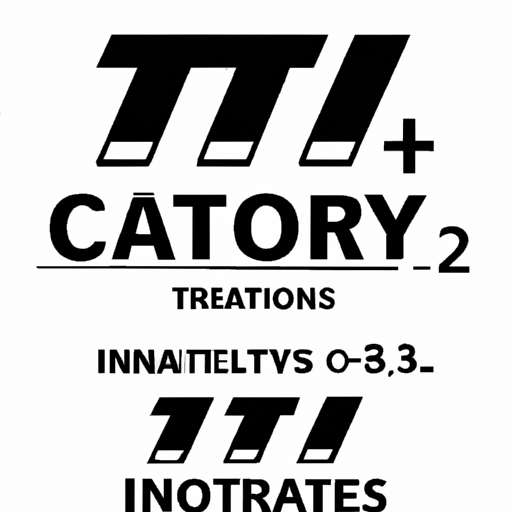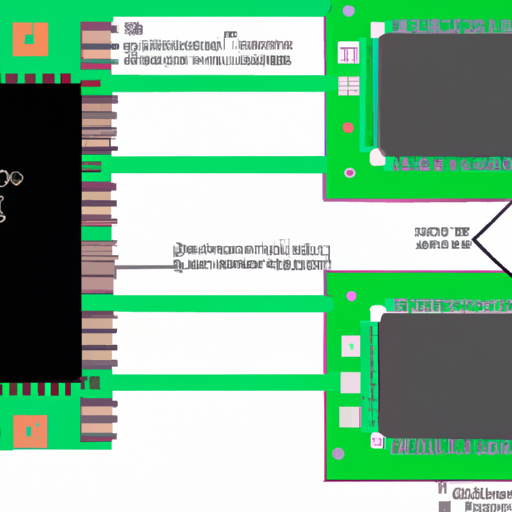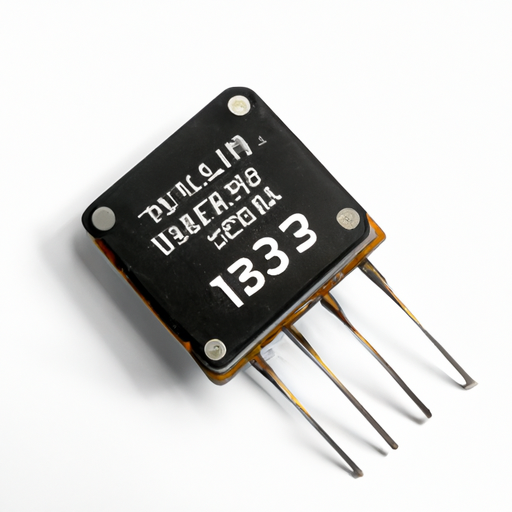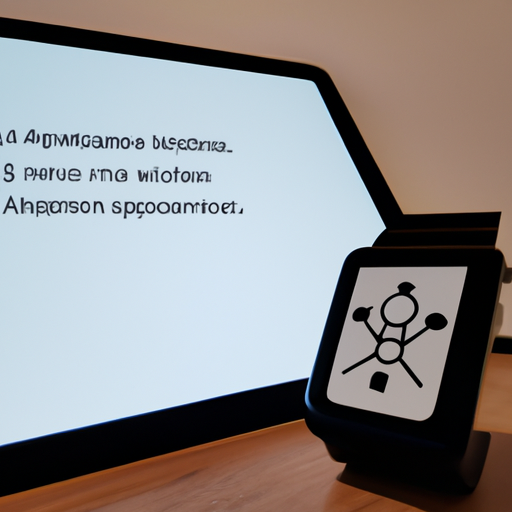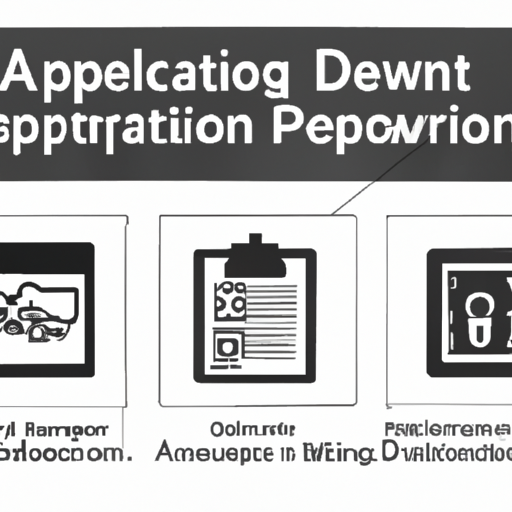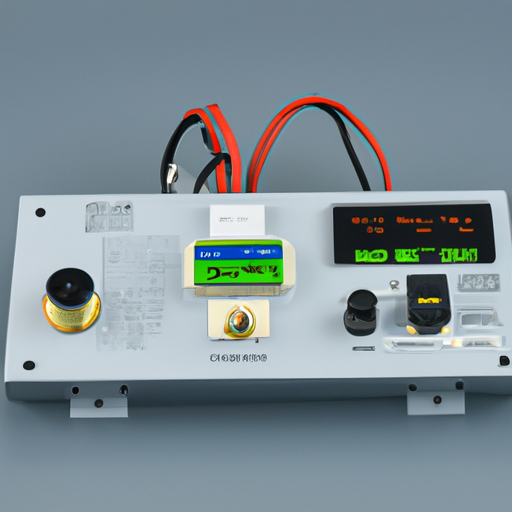Overview of IC Batteries and Their Core Functional Technologies
Integrated Circuit (IC) batteries, often associated with Battery Management Systems (BMS), play a crucial role in managing the performance, safety, and longevity of batteries across various applications. Below, we delve into the core functional technologies of IC batteries and highlight notable application development cases.
Core Functional Technologies of IC Batteries
| 1. Battery Management Systems (BMS) | |
| 2. Charging Control | |
| 3. Protection Circuits | |
| 4. Communication Protocols | |
| 5. Energy Harvesting | |
| 1. Electric Vehicles (EVs) | |
| 2. Consumer Electronics | |
| 3. Renewable Energy Systems | |
| 4. Medical Devices | |
| 5. IoT Devices |
Application Development Cases
Conclusion
While the 1N4148 diode is a standard silicon switching diode and not directly related to IC batteries, the technologies and applications surrounding battery management systems and integrated circuits are critical in various industries. The advancements in these areas continue to drive innovation in electric vehicles, consumer electronics, renewable energy, and more, underscoring the importance of effective battery management and safety. As the demand for efficient and reliable battery systems grows, the role of ICs in managing these systems will only become more significant.

